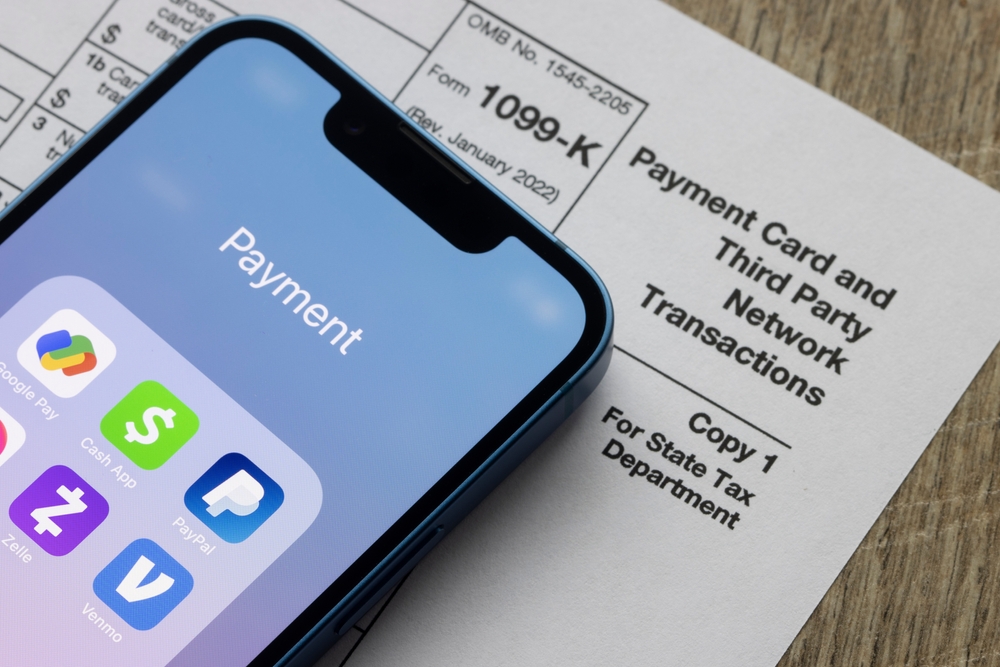A recent IRS change regarding 1099-Ks

The IRS will no longer require third-party payment processors to submit 1099-Ks to anyone receiving payments of more than $600 in 2022. Instead, they are moving the reporting requirement back to $20,000 in activity and 200 or more transactions as they transition to the lower threshold in 2023.
Why make the change?
The bottom line? The IRS is not yet prepared to figure out how to automate the auditing of those who fail to disclose their income from sources like sales on Amazon, eBay, and Esty. The sale of tickets and other items through payment services, such as Ticketmaster or Venmo, is still questionable as well.
What if we still receive 1099-Ks?
It will not be a surprise if you get a 1099-K this year, even though this modification prevents it. The IRS’s reprieve in reporting is only temporary. Therefore, many providers are ready to send them out and will likely do so. So, keep an eye out for these forms regardless.
Your obligation to report this income remains unchanged, notwithstanding a temporary change to the IRS informative return reporting requirements. Therefore, if you engage in any activities that bring in money, you must record them on your tax return. A side business purchasing and selling event tickets is a good example.
What else is coming?
In related news, Congress is using its tried-and-true tactics to change the rules last-minute. An early analysis of the unsigned measure shows that the most significant changes will occur in 2023 and beyond. So pay attention because we will keep you posted on upcoming changes and provide tax advice. We always aim to outline the fundamental changes to the tax code and explain how you might benefit from them. Contact our RRBB accountants and advisors if you have any questions on this or any tax matter.
RRBB eNEWSLETTER
Get free tax planning and financial advice




